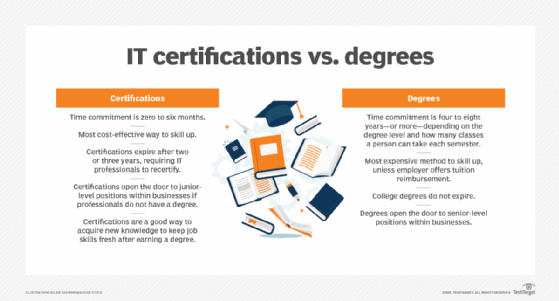This week I've been prompted to write about Mark Prensky's and Paul Kirschner's research on digital divide. My first prompt is: According to Prensky, what category do you fall into, and how has this affected your learning?
According to Prensky I would fall right into digital native, I was born in 1999 and have been using computers and the internet since 6. I was the one removing viruses from the family computer when my mom or siblings would place them on there. (and blame me and my video games for the trojans they downloaded) I feel right at home using electronic devices and I get super aggravated dealing with older folks who refuse to use modern soft-wares to make everyone's life easier though I somewhat understand the challenge they face,
It's affected my learning by making me very jaded and overall gives me a negative feeling towards academia. I hate hate hate the modern day degree mills and nepotism-driven money factories that college has become, and I say this as someone who doesn't have a degree and am 4 years into my career making 6 figs. I am only here to get a piece of paper that says "Hey I did it I went to college and finished" and fervently believe for what I want out of life and a career as far as expanding my knowledge base goes I'd be better suited toward just taking a bootcamp or getting a certification or hell watching a ton of Youtube videos on the subject matter I want to learn. Mind you, I don't pay a lick of tuition (company handles that and I handle the taxes), and the government actually cuts me a check every month to attend classes but overall every time I do an assignment for bacc-core class I'm reminded just how much time I'm wasting when I could be getting a better education more relevant to the actual skills I need to develop from free online sources with different avenues and approaches to learning and I can't shake that feeling. I feel traditional college and university is so dated and antiquated compared to all the online resources and learning tools available and as a digital native I just don't understand the necessity for modern academia for anyone not looking to be a scientist or a doctor. Hell you don't even really need college to be a lawyer nowadays in some states.

For example, I'm pursuing a BS in Computer Science from the college of engineering so I can have a relevant degree for a quantitative finance role, and a college degree is a prerequisite for a CFA designation (certified financial analyst) Though I have many designations and am a FINRA member I still have to slog through course material in my free time for Social work classes, Microbiology, Chemistry, and Creative Writing? Oh brother way to waste my time and brain cells on something I will consciously TRY to forget as soon as the class is over. Those things have nothing to do with what I actually want to learn and if I weren't in school my free time would genuinely go towards studying other FINRA exams or google certs, doing financial analysis on different stocks and derivatives, code camps and learning different programming languages to tinker with my raspberry pi, all using free or extremely low cost online resources yet here I am writing this blog so I can get the piece of paper because of nepotism, exclusivity, and money. Lol. Enough of my cynical rant though, on to question 2.
My 2nd Prompt: What are some other myths Kirschner associated with Prensky's findings from 2001?
There's a few 'myths' that Kirschner associated with Prensky's findings however only time will tell if some of these things remain to be myths. (Have you seen some of those younger Gen Z's and Gen Alphas? There are 2 year olds operating smart phones and gaming consoles with elite precision nowadays)
One of the Myths Kirschner highlighted is the innate expertise in problem solving ability of the digital native. This one is hard to pinpoint because problem solving can be taken in a very straight-forward manner in which I say the digital native wins. Technology solves a lot of problems and accessibility of information and instruction is readily available. I built my first PC at age 19 granted I probably could've done it earlier had I had the adequate resources but the fact still stands. I have a younger cousin, aged 10 who just built his first monster PC flawlessly. There's the resource availability factor yes, but I doubt I'd be able to do the same at a similar age.
Another Myth is that the Native generations brains are wired to process differently. This one I think remains to be seen as this myth makes me think of the nature vs nurture dilemma. I don't think just because these kids are born in this era their brains are wired all that differently maybe there's some very very minor evolution occurring but nothing notable. I do however think that the introduction of technology at these earlier and earlier ages will have an effect on the cognitive development of a child. Seriously the younger Gen Z's and Gen alphas have a crazy ability to access information. Kids get phones shoved into their hands at 2 and 3 years old in some cases. I'm no psychologist but I think it will have an effect.
Comments
Post a Comment